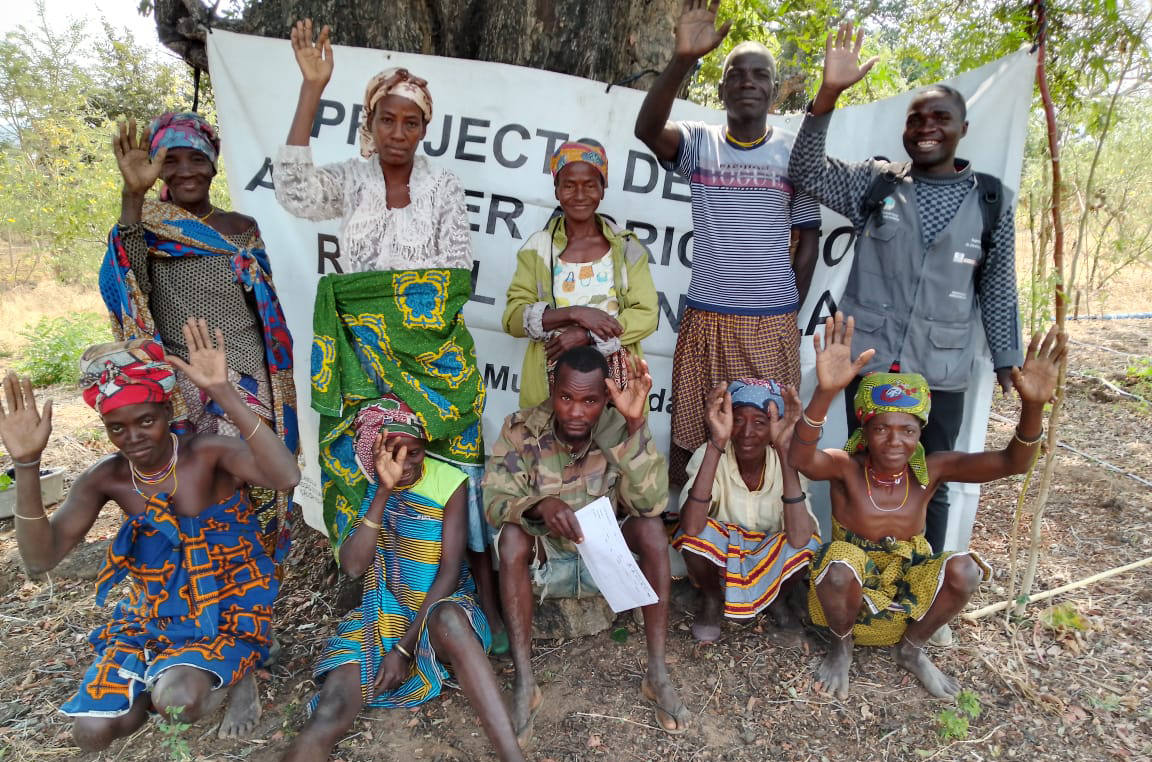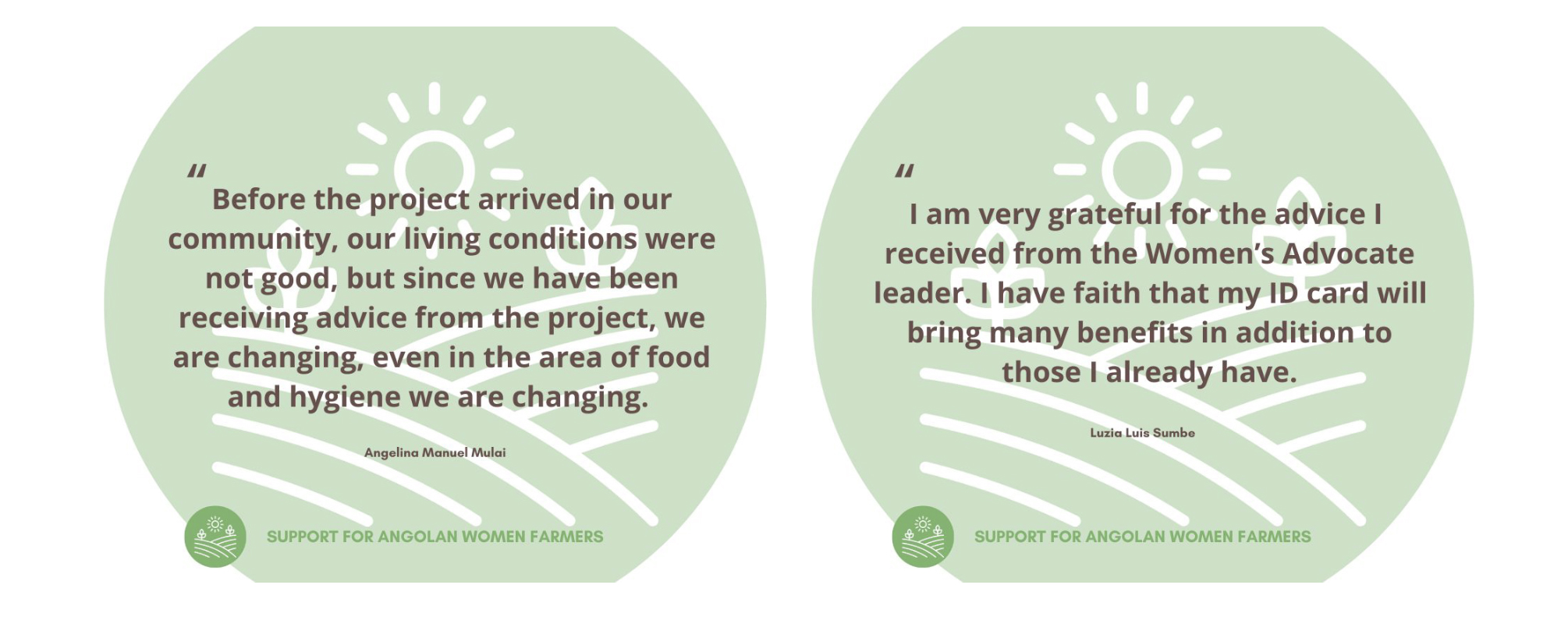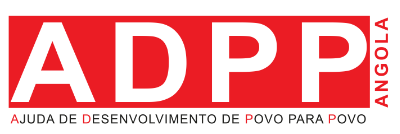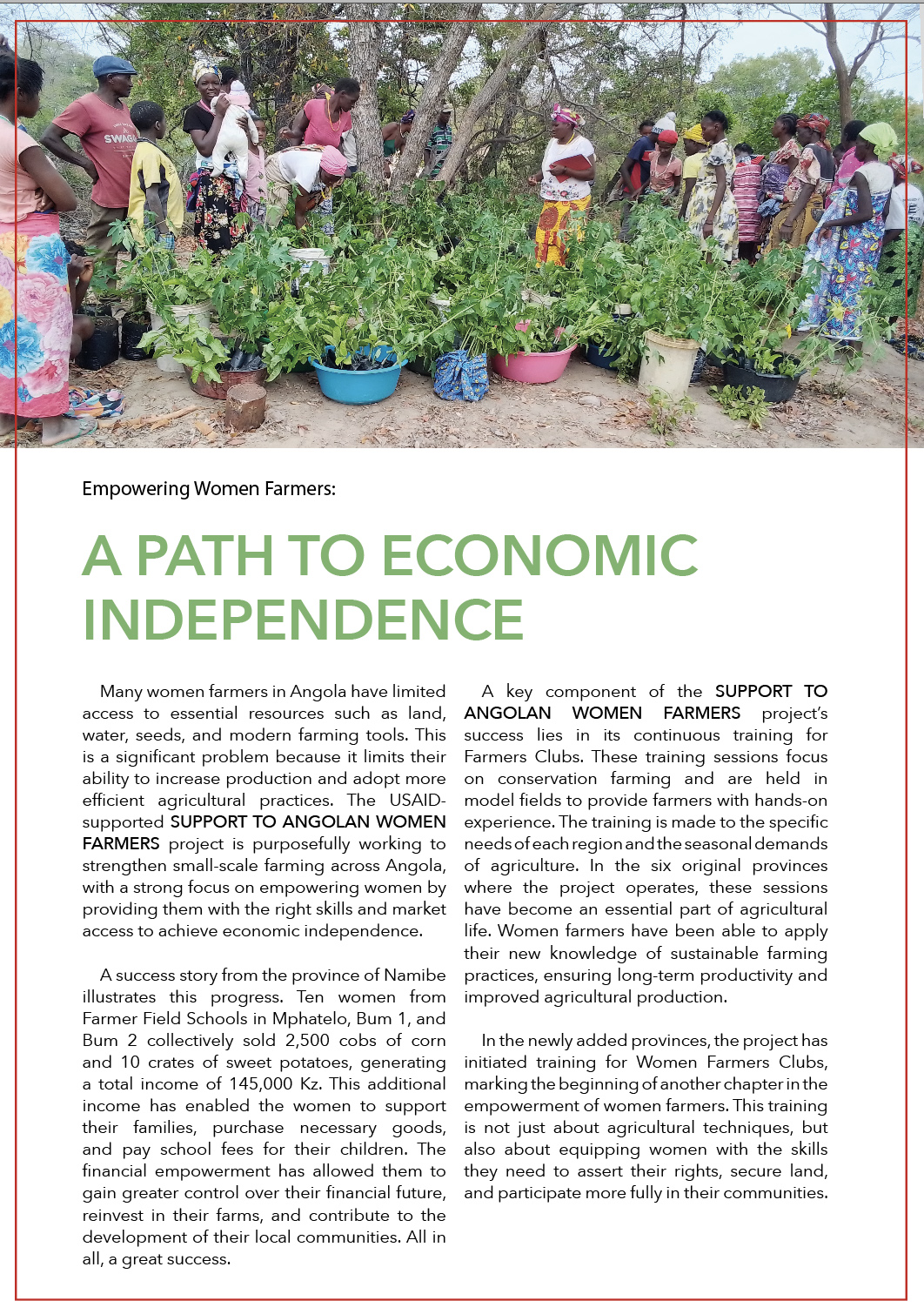
Through a public-private partnership, USAID is working with ExxonMobil, Azule Energy and Grupo Simples to increase economic opportunities for rural women in Angola, allowing them to fully participate in the economy as active citizens. With a focus on smallholder women farmers in rural areas, many of whom face economic and cultural barriers, the project assists participants in obtaining the basic tools needed to access employment, education, facilitate access to loans, and property. This includes providing knowledge and skills on how to secure land rights, improve literacy skills, increase agricultural productivity, and develop networks to address gender-based violence.
The Women in Angola Farming project is implemented by Ajuda de Desenvolvimento de Povo para Povo (ADPP), in close collaboration with the Government of Angola’s Ministries of Social Affairs, Education, Agriculture, and Justice and Human Rights. Covering 10 provinces, namely Malanje, Cuanza-Norte, Cuanza-Sul, Luanda, Huíla, Namibe, Benguela, Huambo, Bie and Cuando Cubango, this project is supported through USAID’s Gender Equity and Equality Action Fund, which was created to advance economic security for women and girls by increasing their access to resources, services and leadership opportunities and by addressing the barriers that limit their ability to participate fully in the economy.
ACTIVITIES
● Training for women farmers in conservation farming techniques to increase agricultural production;
● Literacy training via Farmers’ Clubs;
● Training in the Participatory Land Delimitation (PLD) methodology, facilitated by the Food and Agriculture Organization (FAO);
● Providing technical assistance on PLD to provincial and municipal authorities;
● Establishing 113 Farmers’ Clubs, providing technical assistance in management and finance;
● Assisting women with the registration processes to obtain identification (ID) cards and birth certificates for their children;
● Establishing Women’s Advocates networks in 120 communities, composed of both women and men, to promote an enabling environment for women’s empowerment;
● Developing radio programs on gender issues to better promote women’s empowerment.
ACCOMPLISHMENTS TO DATE
● 6,000 women farmers have improved agricultural techniques and declared a significant increase in the household income generation;
● 6,000 women smallholder farmers have increased their cultivation area from 0.9 hectares to 2.5 hectares of land
● 6,000 smallholder farmers are now collectively growing 14,800 hectares of land.
● 12,205 Farmers’ Club members are enrolled participating in the literacy program;
● 4,346 women farmers graduated with the equivalent of 4th grade and become functionally literate;
● 108 communities mobilized and organized to undertake the formalization process to obtain land titling;
● 2,320 farmers trained on land rights, assisting their communities to better understand their rights;
● 11,724 women farmers obtained official registration documents, including birth certificates and national IDs. These women, in turn, have mobilized 5,070 neighbors and community members to secure legal documents;
● 647 men and women trained as mentors on key gender-based violence prevention in their communities;
● 80,325 people reached via Women’s Advocates community radio programs.
● 116 communities benefited with awareness campaigns on key health messages, including reproductive health, water and sanitation and nutrition.


Click to read the article



